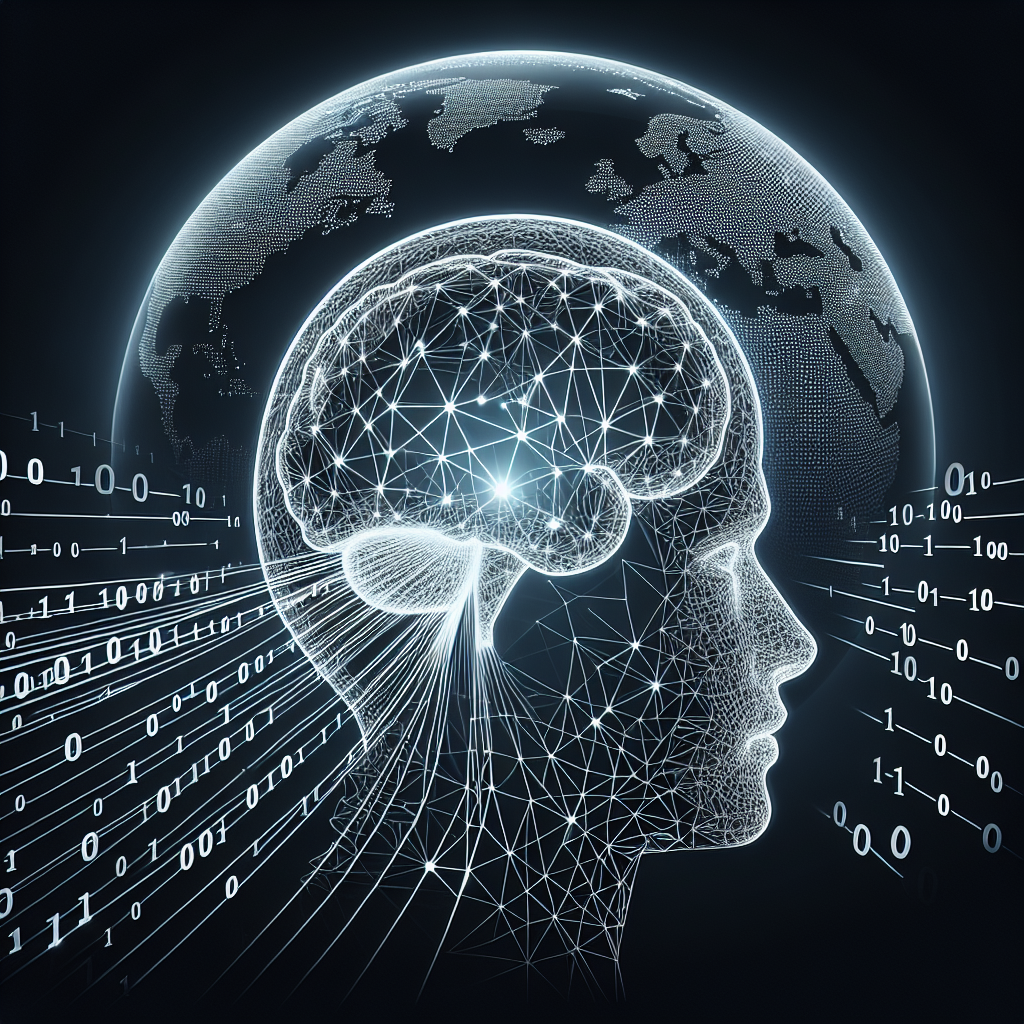Artificial General Intelligence (AGI) is a term that refers to a type of artificial intelligence that possesses general cognitive abilities similar to those of humans. Unlike narrow AI systems, which are designed for specific tasks such as playing chess or recognizing images, AGI has the potential to perform a wide range of cognitive tasks at a human level or beyond. The development of AGI has the potential to revolutionize industries, improve healthcare, enhance productivity, and even impact the way we live our daily lives. In this article, we will explore the potential of AGI and how it could change the world.
The Potential of AGI
AGI has the potential to bring about significant changes in various aspects of our lives. Here are some ways in which AGI could impact the world:
1. Healthcare: AGI could revolutionize healthcare by enabling more accurate diagnosis and treatment of diseases. AGI systems could analyze large amounts of medical data to identify patterns and trends that human doctors may miss. This could lead to earlier detection of diseases, more personalized treatment plans, and overall better healthcare outcomes.
2. Education: AGI could transform the way we learn by providing personalized tutoring and adaptive learning experiences. AGI systems could assess students’ strengths and weaknesses, tailor lesson plans to individual needs, and provide real-time feedback to help students learn more effectively.
3. Finance: AGI could revolutionize the finance industry by improving risk assessment, fraud detection, and investment strategies. AGI systems could analyze massive amounts of financial data to identify trends and predict market movements with greater accuracy than human analysts.
4. Transportation: AGI could revolutionize transportation by enabling autonomous vehicles to navigate roads more safely and efficiently. AGI systems could analyze real-time traffic data, weather conditions, and other factors to make split-second decisions that could help prevent accidents and reduce congestion.
5. Manufacturing: AGI could revolutionize manufacturing by enabling more efficient production processes and predictive maintenance. AGI systems could analyze data from sensors and other sources to optimize production schedules, identify potential equipment failures before they occur, and improve overall efficiency.
6. Entertainment: AGI could revolutionize the entertainment industry by creating more immersive and personalized experiences for consumers. AGI systems could analyze user preferences and behavior to recommend movies, music, and other content that is tailored to individual tastes.
7. Social impact: AGI could have a profound impact on society by helping to address some of the world’s most pressing challenges, such as climate change, poverty, and inequality. AGI systems could analyze vast amounts of data to identify potential solutions to these complex problems and help policymakers make more informed decisions.
FAQs about AGI
Q: What is the difference between AGI and narrow AI?
A: AGI refers to artificial intelligence systems that possess general cognitive abilities similar to those of humans, while narrow AI systems are designed for specific tasks and lack the ability to perform a wide range of cognitive tasks.
Q: When will AGI be developed?
A: It is difficult to predict when AGI will be developed, as it is a complex and challenging goal that requires significant advancements in AI research. Some experts believe that AGI could be developed within the next few decades, while others believe it may take longer.
Q: What are the ethical implications of AGI?
A: The development of AGI raises important ethical questions about issues such as privacy, safety, and job displacement. It is important for researchers, policymakers, and the public to carefully consider these ethical implications and develop guidelines for the responsible development and use of AGI.
Q: Will AGI replace human workers?
A: AGI has the potential to automate many tasks currently performed by humans, which could lead to job displacement in some industries. However, AGI could also create new opportunities for human workers by enabling them to focus on more creative and strategic tasks.
Q: How can we ensure that AGI is developed responsibly?
A: It is important for researchers, policymakers, and the public to work together to ensure that AGI is developed responsibly and ethically. This includes developing guidelines for the safe and responsible use of AGI, as well as ensuring that the benefits of AGI are shared equitably among all members of society.
In conclusion, AGI has the potential to revolutionize industries, improve healthcare, enhance productivity, and impact the way we live our daily lives. While there are still many challenges to overcome in the development of AGI, the possibilities it offers are truly exciting. By carefully considering the ethical implications of AGI and working together to ensure its responsible development, we can harness the power of AGI to create a better future for all.

